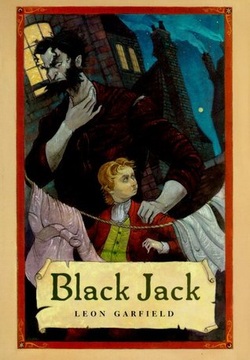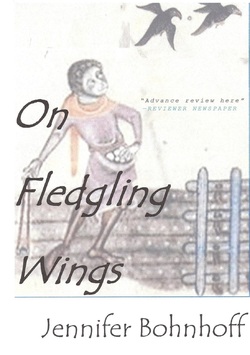![New York : Published by E. Anthony, 501 Broadway, [ca. 1846]](/uploads/3/4/7/6/34765234/2132311.jpg?212) New York : E. Anthony [ca. 1846]
New York : E. Anthony [ca. 1846] When the officer's stagecoach stopped over in San Antonio, he was accosted by three secessionist army commis-sioners. Texas sided with the south, but as there had been no formal declaration of war, the policy was to allow federal soldiers to march out of the state unimpeded.
The commissioners announced that the U.S. garrison at San Antonio had already left, and that the city was under Confederate control. The lieutenant colonel must declare himself in favor of the Confederacy, or the commissioners would detain him as a prisoner of war.
The officer drew himself to attention and proudly stated that he was not a Texan, but a Virginian, and that he would decide for himself which side to take. His brave comportment must have cowed the commissioners, because they chose not to press the issue. He continued his journey eastward.
When he arrived in Washington D.C., General Scott offered the man the top field-command position in the Union Army. The lieutenant colonel declined, choosing allegiance to his state over his country.
Had those commissioners in San Antonio imprisoned that lieutenant colonel, the Civil War would have been a very different. That lieutenant colonel was Robert E. Lee, and his decision to align himself with the south profoundly affected the course of American history.
What if Robert E. Lee had moldered in a Confederate POW Camp for the entire period of the Civil War?
Such 'what ifs' are the fodder of alternative histories, those works of fiction in which events play out differently than actually happened. In these novels, the South wins the war, or slaves revolt on their own and now fight both North and South, or Europe intercedes for one side or the other. The stream of history jumps its course and nothing is as we know it.

What if you woke one day to find an enemy army camped on your property?
What if your house became a field hospital for one side, then the other?
What if your crops were trampled, your animals slaughtered and your fields littered with bloated corpses?
These were some of the questions I asked myself when I was writing The Bent Reed, my historical novel set in Gettysburg.
I found the answers in journals, memoirs and newspaper articles from the period, and in secondary sources that quoted the personal remembrances of people who had lived through the battle. I then created a fictitious family plunked their farm down right where armies would collide. I made them suffer through many circumstances that had happened to real people. The stream of history stayed in its channel and ran its course, even if it flowed over rocks that I had imagined into place.
Historical novels help readers put themselves into the swirling events of history. By reading them, we begin to ask our own 'what ifs.'
What if I were present at the Battle of Gettysburg? How would I have reacted to the violence or its aftermath? What lessons can I learn from those who have gone before me?
The answers not only help us understand the past, but help us to proceed into the future.





